Research
Education
Policy
Basic Science Research
Clinical Research
Canadian Cardiovascular Critical Care Society (CANCARE)
Canadian Heart Rhythm Society (CHRS)
Canadian Society of Cardiac Surgeons (CSCS)
Canadian Heart Failure Society (CHFS)
153 - FROM MOLECULES TO MILLIONS: BRIDGING THE CONTINUUM OF BASIC SCIENCE, CLINICAL CARE, AND POPULATION HEALTH IN CARDIOVASCULAR RESEARCH
-
.jpg)
Ramana Vaka, PhD (he/him/his)
Assistant Lecturer
University of Alberta
University of Alberta -
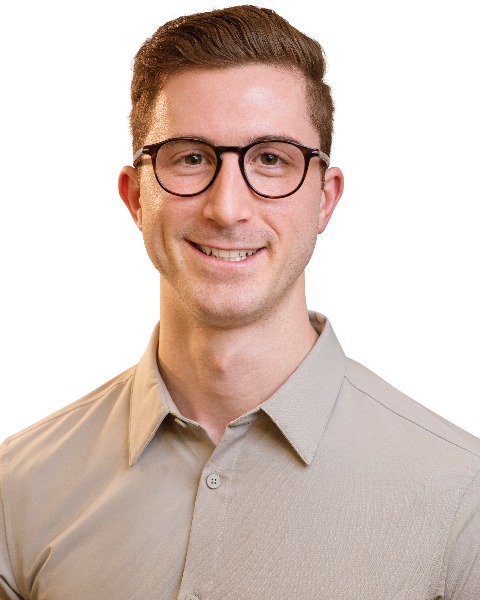
Nicholas Grubic, MSc PhD(c) (he/him/his)
Doctoral Candidate (Epidemiology)
University of Toronto -
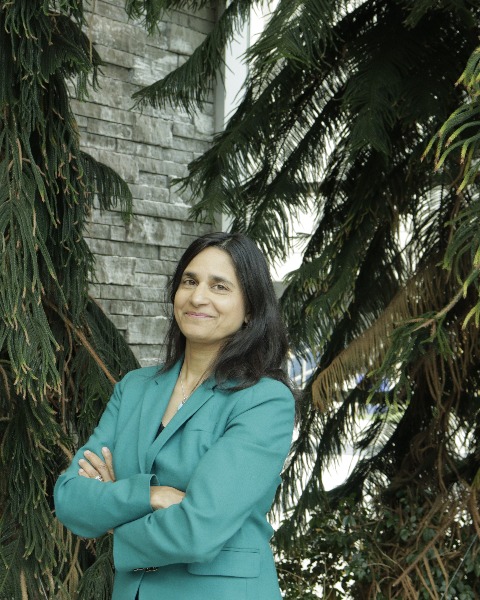
Sonia Anand, FRCPc, FCAHS, FRS(c) (she/her/hers)
MD, PHD
McMaster University
McMaster University -
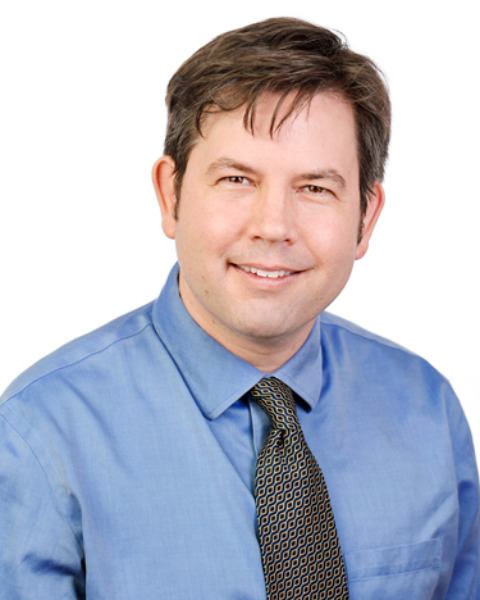
Darryl Davis
Professor
University of Ottawa Heart Institute
University of Ottawa Heart Insitute -
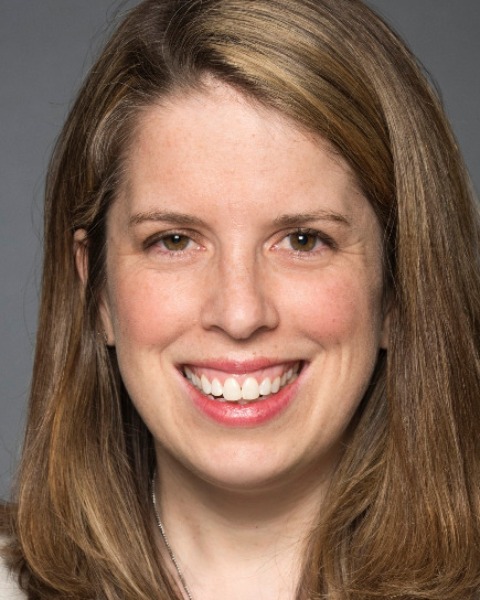
Erin Mulvihill, PhD
Scientist
University of Ottawa Heart Institute
University of Ottawa Heart Institute -

Najah Adreak, MD, MSc
MD,MSc, Clinical Researcher
The University of British Columbia/ BC Children Hospital
The University of British Columbia -
LB
-
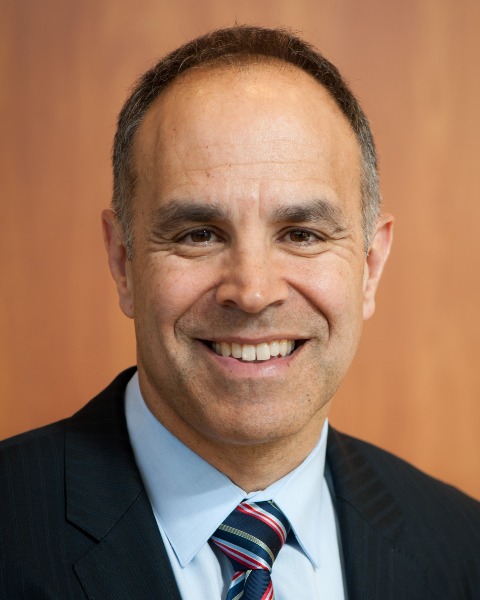
Shaun Goodman, MD (he/him/his)
Professor
Cardiology
University of Toronto
University of Toronto and University of Alberta -
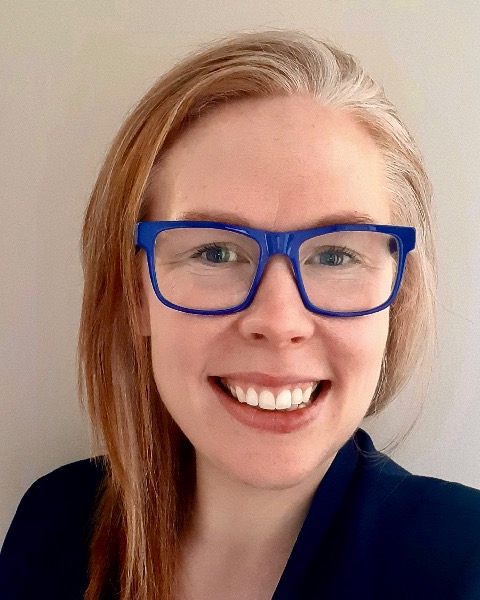
Amy Johnston, PhD, CPH (she/her/hers)
Assistant Professor
University of Calgary
University of Calgary -
ZS
Zack Singer, MD, FRCPC
Critical Care Fellow
Western University
Western University
Chair(s)
Co-Chair(s)
Presenter(s)
Planning Committee Member(s)
Workshop Description: This workshop will provide attendees with key strategies to bridge the cardiovascular (CV) research continuum between basic science, clinical care, and population health disciplines. Unfortunately, due to organizational or structural barriers, these disciplines often operate separately thus overlooking the opportunities to leverage interdisciplinary expertise and skills to advance CV medicine. In recognition of this, the CV research community has made appreciable efforts to improve collaborations between basic and clinical CV researchers over the past decade. Interestingly, a recent landmark paper published in the Journal of the American College of Cardiology suggested that division between basic and clinical CV research has subsided over the previous two decades (Gal et al., 2018). However, the translational impact of research findings was not found to be apparent highlighting a need for improving bench to bedside (and beyond) translation. Moreover, translating such evidence to actionable public health and policy initiatives presents several challenges (e.g., limited financial resources, government legislature, policy agendas) that require collaborative partnership with health administrators, policy makers, and public health professionals. While not all research centers are set up in the similar manner, the most likely reasons for this gap are lack of expertise, appropriate infrastructure, and interdisciplinary environment to undertake translational projects. Collectively, the current landscape of CV research still highlights a substantial gap among CV scientists. This workshop will equip attendees with various strategies to bridge the gap among basic, clinical and population health disciplines to advance cardiovascular health nationally and worldwide.
This workshop will begin with 3 short presentations from basic, clinical, and population CV researchers (10 minutes each) followed by a 25-minute interactive session. The presentations from speakers will cover the following topics: 1) how to overcome the barriers and foster productive collaborations between basic and clinical researchers, 2) how population-based CV research can harmonize basic and clinical science to achieve public health improvements, 3) the role of academic institutions, grant agencies, and government/non-profit organizations, and 4) training the next generation of researchers to collaborate effectively in an interdisciplinary environment. Throughout the 30-minute presentation period, the audience will be able submit their questions, suggestions, and perspectives (via virtual question/answer software) on the topics presented by the speakers. The session chairs will collate the feedback to use during the following 25-minute interactive session with speakers, whereby participants will partake in breakout group discussion to identify real-world barriers to strategize future steps to improve the interdisciplinary nature of CV research.
Learning Objectives:
- identify strategies to overcome barriers and foster productive collaborations between basic, clinical, and population health researchers in cardiovascular science;
- explain how population-based cardiovascular research can serve as a bridge between basic and clinical science to drive meaningful public health improvements; and
- evaluate the roles of academic institutions, funding agencies, and policy organizations in supporting interdisciplinary collaboration and training the next generation of cardiovascular researchers.
